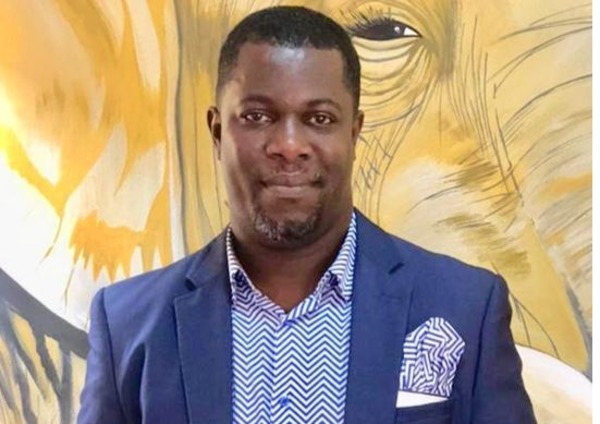
The Executive Secretary of Water and Sanitation for Africa (WSA), Hobah Rogoto, has signed an agreement with the African Diaspora Central Bank (ADCB) and the Vanuatu Trade Commission -Ghana for supportive financing towards the continent water, sanitation and hygiene security.
The agreement is in alignment with the organisation’s targets under the UN Sustainable Development Goals’ target 6 on water and sanitation.
WSA, formerly known as CREPA, is a Pan-African Intergovernmental Agency responsible for increasing accelerated access to water and sanitation for vulnerable populations in Africa. As a not-for-profit organization, the agency was initially created in 1988 comprising 35 African states with offices established in 15 countries.
WSA has United Nations observer status on water and sanitation issues as established by General Assembly resolution 68/123.
Specialising in the development of innovative approaches and technologies, the agency contributes to the efforts of African states in the provision of drinking water, hygiene and sanitation services.

The multi-billion-dollar financing agreement between WSA and ADCB will greatly advance the ability of WSA to meet the African populations’ real demand with equal supply in the provision of water, sanitation and hygiene solutions.
Thus far, the underdevelopment of water infrastructure has led to inadequate resilience to climate, health, and food system shocks across the continent, as well as compromised capabilities to mitigate water-related disaster risks. These challenges of ineffective water governance systems and management structures have created missed opportunities to release water’s full socio-economic development potential in the continent.
During the COVID-19 pandemic, African nations managed to increase their sanitation and hygiene investment from an average of 0.1% of GDP to 0.25% at the end of 2022. However, this increase remains significantly lower than the target benchmark investment of 0.5% of GDP, indicating incommensurate sector financing towards the attainment of Africa’s sustainable development agenda.
The continental GDP has a current average of just over US$3 trillion indicating a required minimum investment of US$15 billion per annum towards the attainment of its sanitation and hygiene targets.

The financing by ADCB will help fill this gap as the initial tranche is almost commensurate with the 0.5% target. Specifically, the agreement allocates an investment of (AKL) LUMI 15.6 million (parity of US$250 million) for each member state of WSA.

Commenting on the agreement, the President of ADCB and Chairman for the Economic Community of the Sixth Region, H.R.M. Rex Semako I & VI King Timothy Elisha McPherson, said “We are committed to supporting Africa’s success in the realisation of all SDGs of which security in water, sanitation and energy are among the key priorities for us. The sanitation issue has been quite deplorable and we are excited to invest in its transformation.”
For member states throughout Africa’s regional economic communities (RECs) the budgetary allocations over the years for water information management, education, research and capacity building were extremely low. The implications have been dire for the people of Africa and the absence of adequate financing has crippled AU member states in their ability to effectively plan for the development, utilisation and management of water resources under the burgeoning circumstances of global climate change and climate variability.

The majority population of the continent have endured the reality of grossly inadequate access to safe water and safely managed sanitation. Indeed, Africa has been thus far completely off track to achieve all of the related SDG 6 targets.
In the 2022 Africa Water and Sanitation Report by the African Minister’s Council on Water, the leaders of Africa’s blue economy lamented that “at the current rate of progress, Africa will not achieve universal access to safe water and safely managed sanitation until 2085.”
Consequently, the cooperation with ADCB signals a paradigm shift and a beacon of hope for the people and nations of Africa in their pursuit of security in water, sanitation and hygiene.




